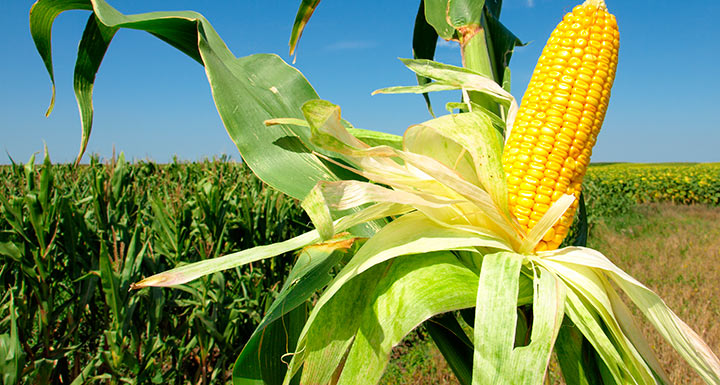
U.S. corn producers ask Obama to change its Cuba policy
State soybean and corn growers push for less trade restrictions.
Delegates from the Illinois Cuba Working Group (ICWG) were in Washington, D.C. on Friday asking Congress and President Barack Obama’s Administration to loosen trade restrictions so Illinois farmers and agricultural organizations can provide food to Cuba.
Representing the ICWG were representatives of soybean and corn companies, including the Illinois Soybean Growers, Cargill, Chicago Foods International, Huron Commodities, Illinois Farm Bureau and Koch Foods.
“We have already seen a decline in our market share due to non-competitive U.S. policies,” says Yon Luque, Koch Foods export area manager.
The ICWG believes that both U.S. and Cuban economies will benefit from exchanges of insight and capital. This has the potential to benefit Illinois small- and medium-sized businesses, along with other U.S. industries, which helps bring jobs to Illinois.
“We believe that the improvement of economic trade relations between the U.S. and Cuba is the foundation for future success between the two countries,” the organization says in its mission statement. “We strive to turn Cuba from an enemy to an ally within our lifetime by building trade relations that are mutually beneficial and enduring.”
In April 2014, the working group addressed Obama in a letter requesting “bi-partisan efforts at the national level to bring the U.S.-Cuba relationship forward,” the article reads.
While the U.S. is the primary supplier of whole soybeans to Cuba, purchasing some five million bushels per year, U.S. soybean farmers are losing soybean meal and oil market share in Cuba to competitors who are geographically more distant.
In 2006, Global Trade Information Services estimates the U.S. had more than 75 percent market share for Cuba’s soybean meal and oil imports. In recent years, Brazil has had more than 75 percent market share.
“Cuba is an important market for Illinois soybeans, given the soybean, meal and oil export potential,” adds Bill Raben, soybean farmer and Illinois Soybean Association chairman.


